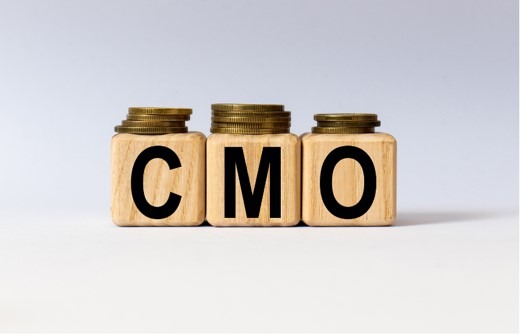Should We Care About Rare Diseases? By Alastair Kent
Rare Disease Day – the 29th February, itself a rare day, is here once more, and again patients and families will be coming together with academics, clinicians, industry professionals and politicians to raise awareness of rare diseases and to highlight the needs of those affected by them. Events are taking place in over 80 countries around the world for what has become a global movement.
But why is this? Why should we care about rare diseases? After all, they are rare and so surely they can’t be that important.
 Although it is true that individually any given rare disease may not affect more than a small number of families, there are over 6,000 different rare diseases and they affect 1 in 17 of the population. 80% of these rare diseases are genetic in origin, 3 in 4 of them affect children, with many cause death before the child reaches his or her fifth birthday.
Although it is true that individually any given rare disease may not affect more than a small number of families, there are over 6,000 different rare diseases and they affect 1 in 17 of the population. 80% of these rare diseases are genetic in origin, 3 in 4 of them affect children, with many cause death before the child reaches his or her fifth birthday.
Most rare diseases are currently poorly understood, and without sustained research and development they will remain incurable. Families affected by rare disease are no different in their expectations from those with more common conditions. They want to understand what has happened to them, to find out what to expect, whether it will happen again if they have more children, and what can be done to treat the condition. In Europe we base the provision of health care on the principle of solidarity; of responding to need, not the ability to pay. Yet rare disease patients and families often struggle to get the care they need.
Research just published by Rare Disease UK indicates that many families experience long delays in getting a diagnosis. Often they are misdiagnosed several times en route. Without a diagnosis they miss out on the opportunity to understand what has happened and what to expect. Access to any treatment will be delayed, allowing avoidable harms to occur. While misdiagnosis means receiving treatment for a condition you don’t have, therefore is unlikely to be beneficial and may even cause harm. Once you have a diagnosis it is by no means certain that you will be able to access expert care from clinicians who understand what you have and what can be done for you. Too often families bounce around their health care system visiting different hospitals, meeting different specialists and never getting a coherent care package that puts them at the centre and delivers what they need efficiently and in a coordinated manner. This is exhausting and frustrating for the family, and wasteful of the scarce resources and expertise of the Health Service. At a time when health budgets are under severe pressure everywhere, there is an urgent need for better coordination of care so that health gain for rare disease patients and families can be maximised. This way the best value can be extracted from every pound or euro invested.
Accurate diagnosis, especially when linked to  comprehensive data collection such as envisaged for Public Health England’s National Congenital Anomaly and Rare Disease Registration Service (NCARDRS) also creates to possibility for stimulating research, and even for generating the critical mass that will encourage the development of innovative therapies.
comprehensive data collection such as envisaged for Public Health England’s National Congenital Anomaly and Rare Disease Registration Service (NCARDRS) also creates to possibility for stimulating research, and even for generating the critical mass that will encourage the development of innovative therapies.
So join us on Monday to raise your hands for rare diseases, to show your support for the millions of patients and families living with the daily consequences of life limiting conditions, and help us make their voices heard.
Author:
Alastair Kent OBE is the Director of Genetic Alliance UK and chair of Rare Disease UK. Genetic Alliance UK is a national charity of over 180 patient organisations, supporting all those affected by genetic conditions. Genetic Alliance UK’s mission is to promote the development of the scientific understanding of genetics and the part that genetic factors play in health and disease, and to see the speedy transfer of this new knowledge into improved services and support for patients. Rare Disease UK is a national alliance for people with rare diseases and all who support them. Alastair has worked in the field of genetic and rare disease healthcare for over 20 years. Alastair represents the interests of patients on numerous platforms.


